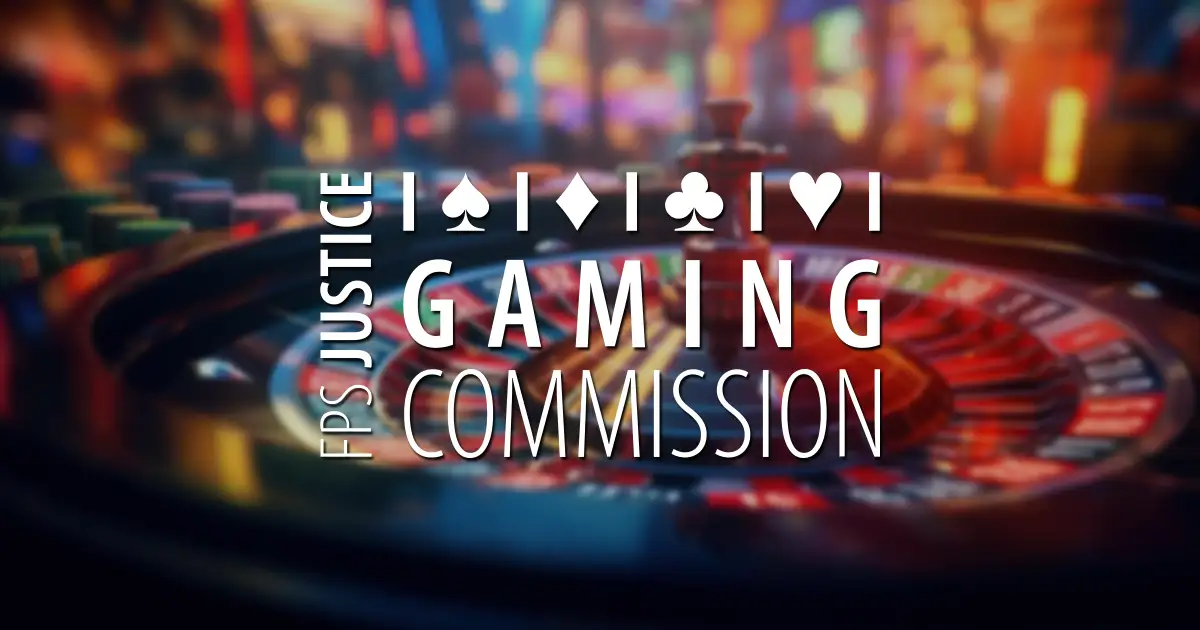Fight against illegal gambling: the KSC struggles to recover fines
The Gambling Commission (KSC) faces a major challenge in its fight against illegal gambling sites: recovering fines imposed on illegal operators. Despite increased efforts to regulate the online gambling market, the commission is struggling to collect more than 10% of fines imposed, raising questions about the effectiveness of its enforcement strategy.
According to the KSC’s annual report, almost six million euros in fines have been imposed on foreign providers of illegal gambling in recent years, but only 11% of this amount has actually been recovered. This situation is particularly concerning because illegal gambling sites pose a significant threat to player protection and the integrity of the regulated market.
Obstacles to fine recovery
Several factors contribute to the difficulty in recovering fines imposed on illegal gaming operators. Firstly, these sites are often based in foreign countries, which complicates cross-border collection procedures. Additionally, operators may use complex and opaque corporate structures to conceal their activities and assets, making it difficult to trace funds to be seized.
A “perfidious” system according to experts
Some experts criticize the Gambling Commission’s funding model, which relies heavily on revenue from licenses granted to legal gambling operators. This situation creates, they say, a “treacherous” system where the commission is incentivized to sanction illegal operators to generate revenue, rather than focusing on player protection and strict enforcement of the law.
Towards European and international collaboration
Faced with these challenges, the KSC is exploring solutions to improve the recovery of fines. Collaboration with other European and international regulators is considered a promising avenue. Additionally, the commission plans to exchange information with Curacao, a popular jurisdiction for illegal gambling operators.
Need for a firmer approach
Despite the efforts made, the fight against illegal games remains a major challenge for the KSC. The low fine recovery rate raises questions about the effectiveness of current measures and highlights the need for a stronger and more proactive approach to protect players and ensure the integrity of the regulated market.


